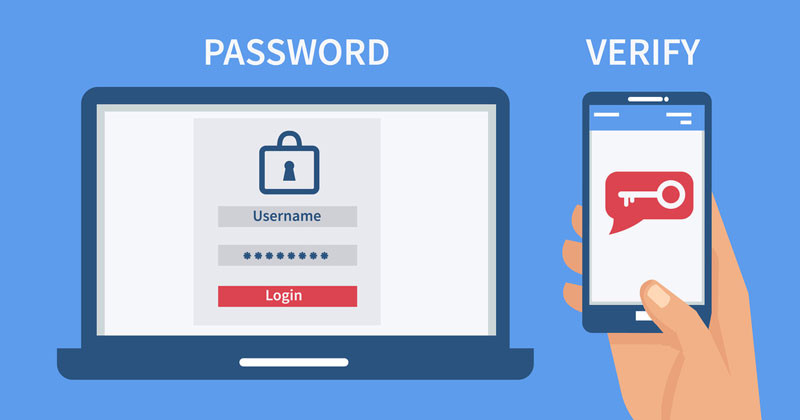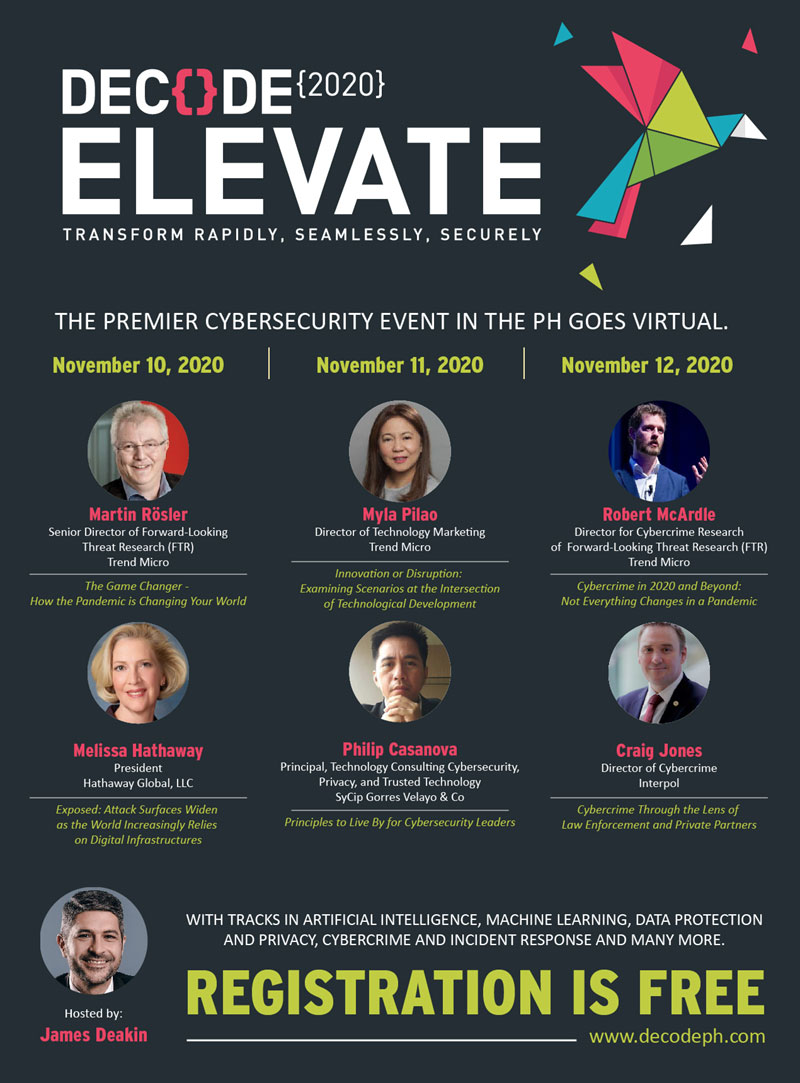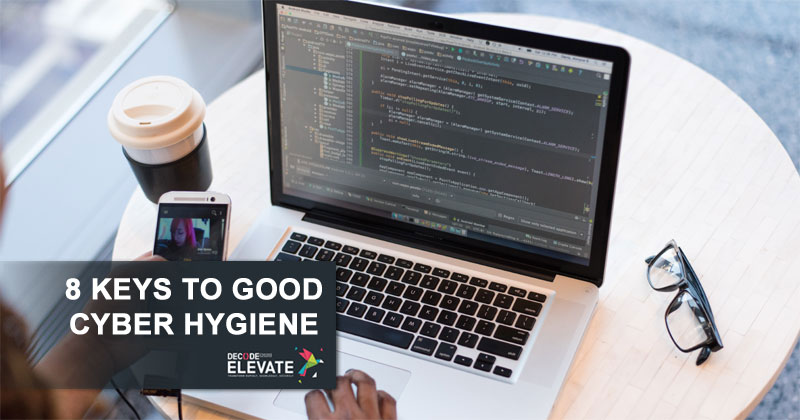For the past several months, the community quarantine measures brought about by the pandemic have forced people to use the internet more for their work-from-home arrangements, distance learning, daily transactions, and shopping for basic needs.
With this increased online exposure which makes us more vulnerable to attacks, cybersecurity has become a necessity. While complete online security may not be possible, you can take good cyber hygiene steps to make your devices and data more safe and secure.
Digital or cyber hygiene refers to the standards and practices that you take to keep your computers and devices free from threats and improve online security. These practices are often part of a routine to ensure the safety of identity and other details that could be stolen or corrupted.
Protect yourself online with 8 key steps to good cyber hygiene
1. Install antivirus, spyware-detection, and firewall software on your computer. These are your first line of defense in network security from unauthorized access. Keep them updated with all security updates.
2. Be very cautious with links or open attachments in e-mails or instant messages—even from friends, especially if the email is unsolicited and asks for personal information or passwords.
3. Don’t download or run apps or software from unverified sources. These might have scripts embedded to get your personal information or install software that allows a remote intruder to bring your device under control.
4. Use strong passwords that have at least eight characters and include numbers and symbols, and change them regularly. The longer the password, the better. Also, don’t use the same password for different accounts.
5. Enable two-factor or multi-factor authentication for an additional layer of protection if your online account has that feature. Aside from username and password, the two-factor authentication feature will require you to enter a code (usually sent through SMS on your cellphone) to access your account.

6. Do business online only with reputable companies that use secure connections. For secure websites, browsers display a lock symbol and “https://” in the address bar.
7. Avoid giving out confidential information about yourself or your accounts when using unsecured Wi-Fi connections, such as in public places.
8. Regularly back up your files, and store copies securely. This will help protect against data loss, especially if hackers gain access to one of your devices.
DECODE 2020
If you are an IT professional handling a more complex system or you just want to be abreast of the latest in cybersecurity, attend the DECODE 2020 happening online this month!
Learn about cybersecurity in this digital age as the country’s premier cybersecurity event goes virtual. DECODE 2020 will be on November 10-12 with the theme “ELEVATE! Transform Rapidly, Seamlessly, Securely.” Tracks about Artificial Intelligence, Machine Learning, Data Protection and Privacy, and more will be presented by renowned industry experts from around the world.

DECODE 2020 is an annual conference organized by Trend Micro Inc, a global leader in cybersecurity. To know more about this event and to secure your slot for free, visit https://decodeph.com #Decode2020 #DecodePh2020



